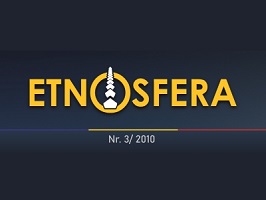Dreptul natural clasic şi cel modern: de la virtute şi datorie la hedonism. Schiţare a problematicii drepturilor omului. Partea a II-a
Classical and modern natural law: from virtue and duty to hedonism. Outline of the human rights issue. Part II
Author(s): Mihail M. UngheanuSubject(s): Human Rights and Humanitarian Law, Ethics / Practical Philosophy, Ancient Philosphy, 19th Century Philosophy, Philosophy of Law
Published by: Editura Academiei Române
Keywords: natural rights of man; modernity; hedonism; rights and duties; humans;
Summary/Abstract: One of the main characteristic of modernity is the substitution of the classical natural right with the modern natural right, as Leo Strauss puts it. The main differences of the way of thinking the natural law pertains to the way the human being and its relationships with the nature and fellow humans is conceived. The modern natural right denies that there is such a thing as a purpose of man or that nature has purposes and substitues rights for duties. It also bypasses the idea of virtue. Man has inallienable rights but no duties. The basis of such a right is hedonistic and tries to ground the existence of society and state in the will of the people and in an alleged social contract. The existence of society and state it is only a means to realize selfish and hedonistic ends, there being no hierarchy between the different desires or a qualitative difference between them as it was in the classical natural right.
Journal: Etnosfera
- Issue Year: 7/2010
- Issue No: 3
- Page Range: 39-55
- Page Count: 17
- Language: Romanian

